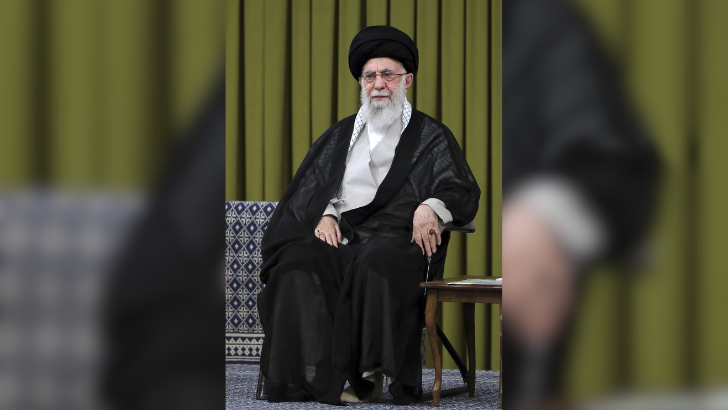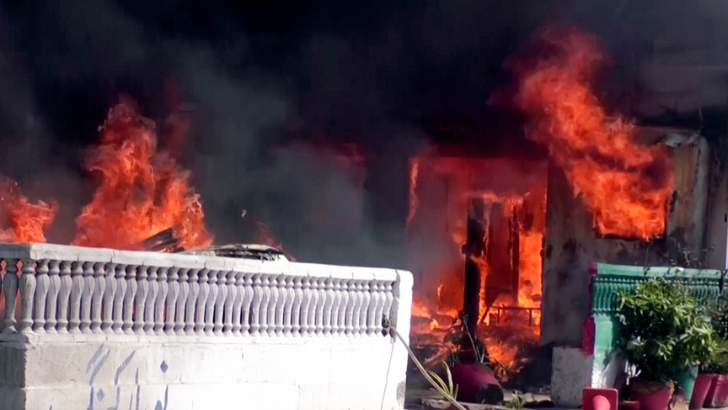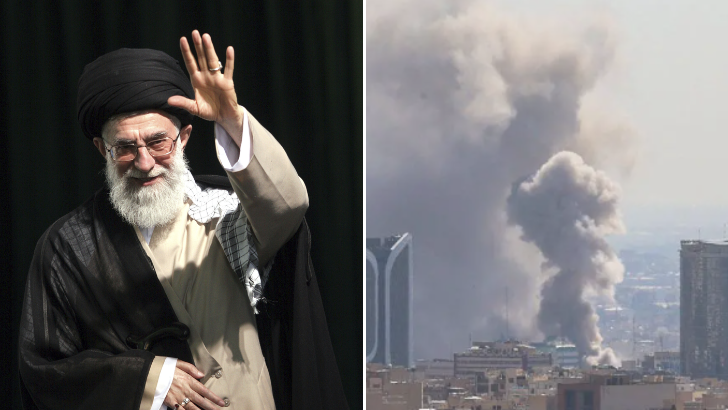Trump advisers: 50+ countries seek tariff talks
Over 50 countries have contacted the White House for talks after President Trump announced new tariffs starting 9 Apr. The move has shaken markets and drawn reactions from allies like Israel and Vietnam, while officials defend it as a push for fair trade.
PTI
-
Countries are scrambling to figure out how to respond to the tariffs, with China and others retaliating quickly. (PTI)
Fort Lauderdale, 7 April
Top administration officials said Sunday that more than 50 countries targeted by President Donald Trump's new tariffs have reached out to begin negotiations over the sweeping import taxes that have sent financial markets reeling, raised fears of a recession and upended the global trading system.
The higher rates are set to be collected beginning Wednesday, ushering in a new era of economic uncertainty with no clear end in sight. Treasury Secretary Scott Bessent said unfair trade practices are not "the kind of thing you can negotiate away in days or weeks.” The United States, he said, must see “what the countries offer and whether it's believable.”
Trump, who spent the weekend in Florida playing golf, posted online that “WE WILL WIN. HANG TOUGH, it won't be easy.” His Cabinet members and economic advisers were out in force Sunday defending the tariffs and downplaying the consequences for the global economy.
“There doesn't have to be a recession. Who knows how the market is going to react in a day, in a week?" Bessent said. “What we are looking at is building the long-term economic fundamentals for prosperity.”
Trump's tariff blitz, announced April 2, fulfilled a key campaign promise as he acted without Congress to redraw the rules of global trade. It was a move decades in the making for Trump, who has long denounced foreign trade deals as unfair to the U.S. He is gambling that voters will be willing to endure higher prices for everyday items to enact his economic vision.
Countries are scrambling to figure out how to respond to the tariffs, with China and others retaliating quickly.
Top White House economic adviser Kevin Hassett acknowledged that other countries are “angry and retaliating,” and, he said, “by the way, coming to the table.” He cited the Office of the U.S. Trade Representative as reporting that more than 50 nations had reached out to the White House to begin talks.
Adding to the turmoil, the new tariffs are hitting American allies and adversaries alike, including Israel, which is facing a 17% tariff. Israeli Prime Minister Benjamin Netanyahu is set to visit the White House Monday, with his office saying the tariffs would be a point of discussion with Trump along with the war in Gaza and other issues.
Another American ally, Vietnam, a major manufacturing center for clothing, has also been in touch with the administration about the tariffs. Trump said Vietnam's leader said in a telephone call that his country “wants to cut their Tariffs down to ZERO if they are able to make an agreement with the U.S.” And a key European partner, Italian Premier Giorgia Meloni, said she disagreed with Trump's move but was “ready to deploy all the tools — negotiating and economic — necessary to support our businesses and our sectors that may be penalized."
Commerce Secretary Howard Lutnick made clear there was no postponing tariffs that are days away.
“The tariffs are coming. Of course they are,” he said, adding that Trump needed to reset global trade. But he committed only to having them “definitely” remain “for days and weeks.”
In Congress, where Trump's Republican Party has long championed free trade, the tariff regiment has been met with applause but also significant unease.
Several Republican senators have already signed onto a new bipartisan bill that would require presidents to justify new tariffs to Congress. Lawmakers would then have to approve the tariffs within 60 days, or they would expire. Nebraska GOP Rep. Don Bacon said Sunday that he would introduce a House version of the bill, saying that Congress needs to restores its powers over tariffs.
“We gave some of that power to the executive branch. I think, in hindsight, that was a mistake,” said Bacon, adding that getting a measure passed would be challenging unless the financial markets continue to react negatively and other indicators such as inflation and unemployment shift.
Wyoming's John Barrasso, the No. 2 member of the Senate's GOP leadership, said Trump is “doing what he has every right to do.” But, he acknowledged, “there is concern, and there's concern across the country. People are watching the markets.”
“There'll be a discussion in the Senate,” Barrasso said of the tariffs. “We'll see which way the discussion goes.”
Trump's government cost-cutting guru, billionaire businessman Elon Musk, had been relatively silent on Trump's tariffs, but said at a weekend event in Italy that he would like to see the U.S. and Europe move to "a zero-tariff situation.” The comment from the Tesla owner who leads Trump's Department of Government Efficiency drew a rebuke from White House trade adviser Peter Navarro.
“Elon, when he is on his DOGE lane, is great. But we understand what's going on here. We just have to understand. Elon sells cars,” Navarro said. He added: “He's simply protecting his own interest as any business person would do.”
Lawrence Summers, an economist who was treasury secretary under Democratic President Bill Clinton, said Trump and his economic team are sending contradictory messages if they say they are interested in reviving manufacturing while still being open to negotiating with trade partners.
If other countries eliminate their tariffs, and the U.S, does, too, he said, "it's just making a deal, then we don't raise any revenue nor do we get any businesses to relocate to the United States. If it's a permanent revenue source and trying to get businesses to relocate to the United States, then we're going to have these tariffs permanently. So the president can't have it both ways.”
Leave a Reply
Your email address will not be published. Required fields are marked *








.png)


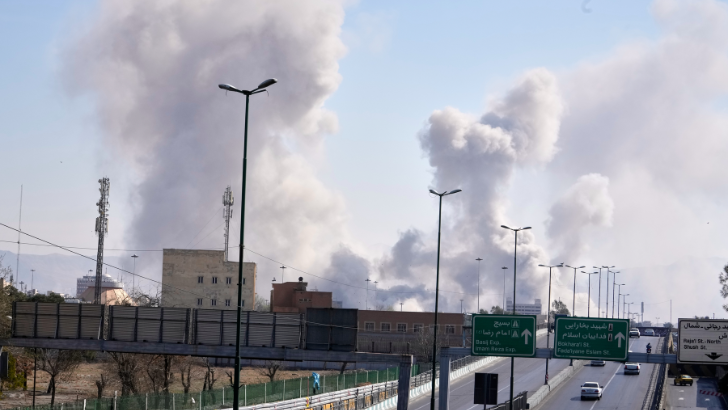

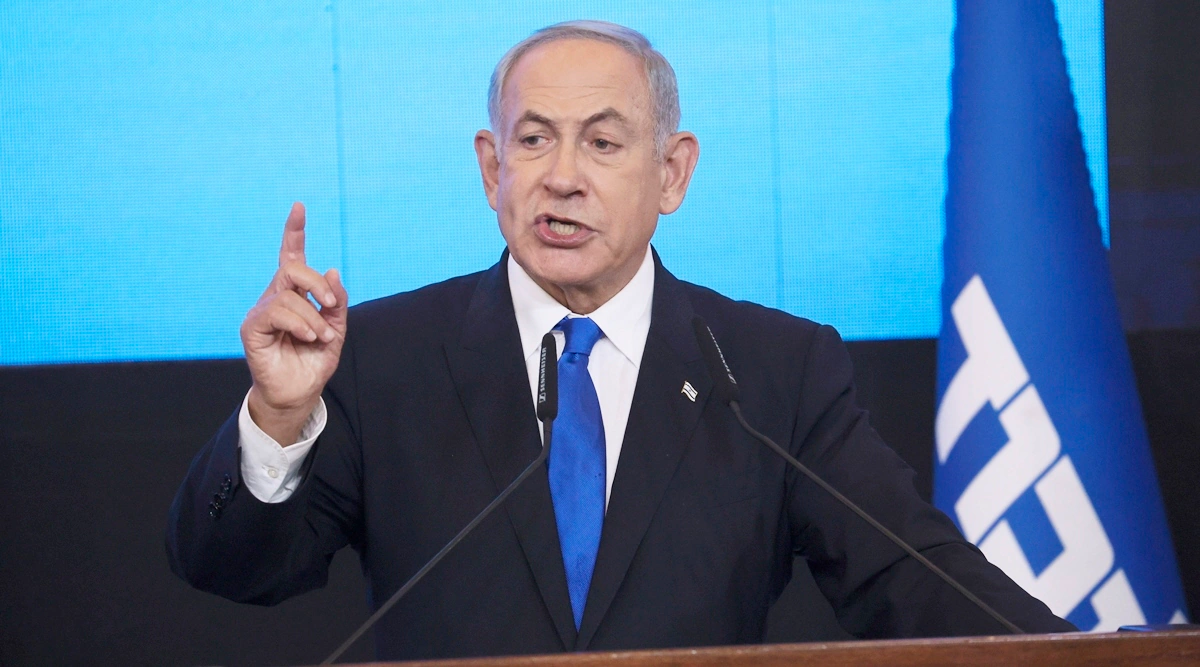
.jpg)


